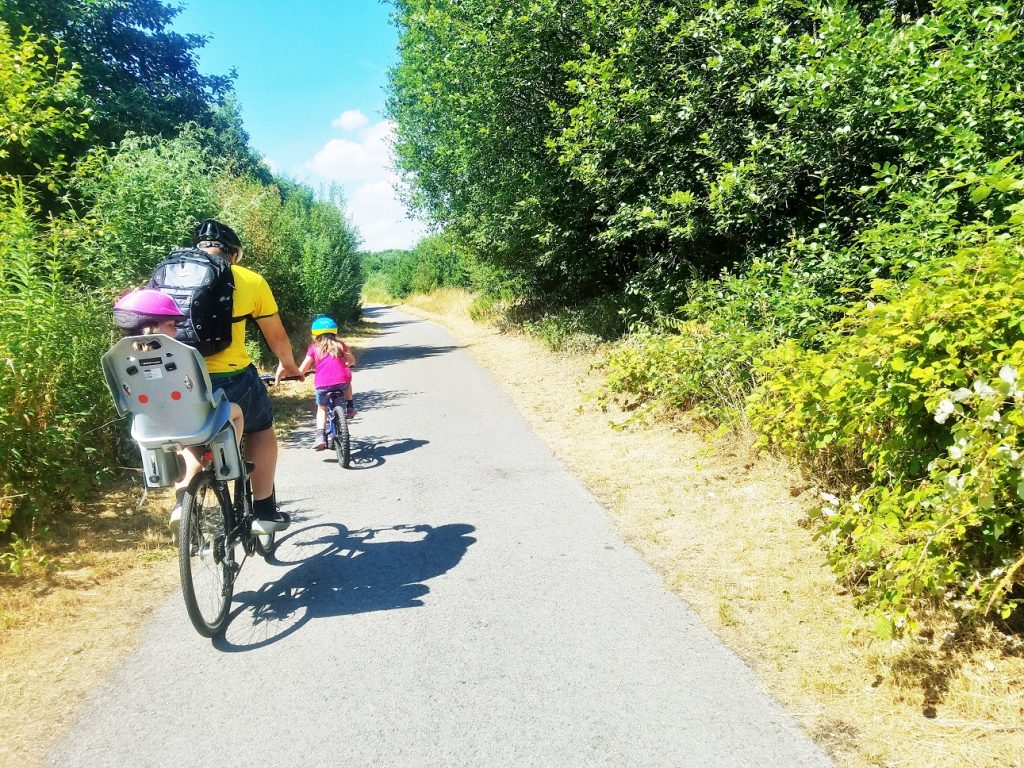
The Importance of Cause And Effect In Parenting
Cause and effect is the idea that something happens as a consequence of something else. For example, if I drop a glass, the glass smashes as a consequence of me dropping it.
Easy!
So why am I talking about it on a parenting blog? Well recently, I saw a Facebook meme which proudly brandished the statement,
“In our house, we don’t do punishments,
we don’t do humiliation,
and we don’t do consequences.” [emphasis added]
That was a bit of a shock – as a gentle parenting mama, I totally agree with not punishing or humiliating children. But consequences are a natural part of life, and being able to understand cause and effect is an important developmental milestone.
Babies quickly understand that crying gets mums attention. As children we learn that being kind encourages kindness in return. And as adults we use cause and effect to make scientific discoveries and work out why the bus is always 10 minutes later than timetabled!
It is human nature to learn through the process of cause and effect.
And, more than that, consequences prove that our actions matter – what we do has an impact on the world and those around us.
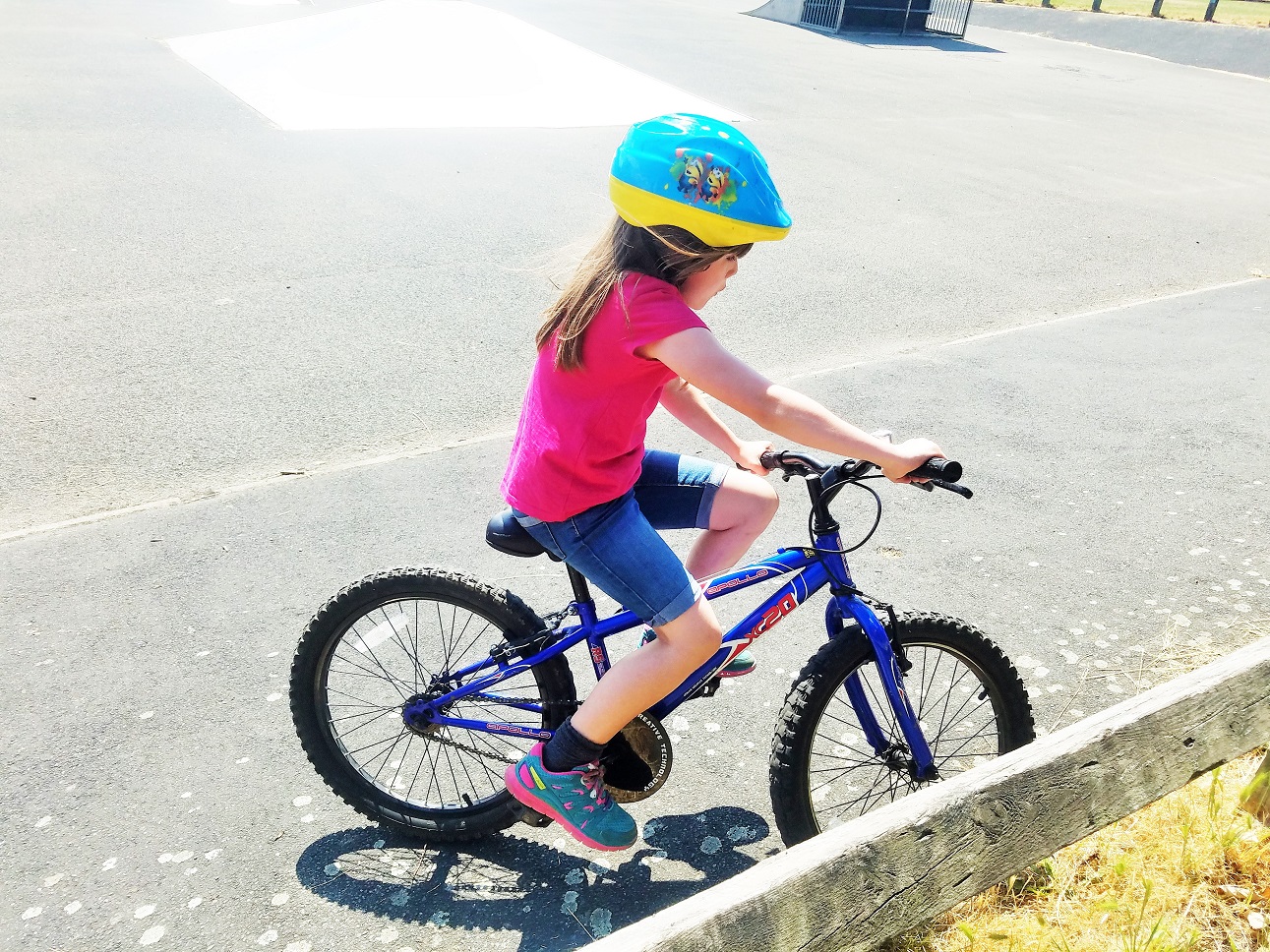
Cause and effect parenting
As a parent, I use the cause and effect pattern to show my children how their choices affect their lives. When they misbehave, there are consequences, just like there are out in the real world.
Many parents worry about upsetting their children – it is hard for us to see them sad, and it is even worse when we know that it was our doing.
But I would much rather my children learn the impact of their choices in the safety of our home than in the unforgiving world “out there”!
Just like the glass being smashed at the beginning of this post, a child’s actions should have consequences:
- If you complain about the TV programme again, the TV will be turned off
- If you knock your drink over, you will have to clean it up
- If you draw on the walls, your colours will be taken away
Therefore, if they choose to behave this way, they choose to accept the consequence. They have triggered the cause and effect pattern.
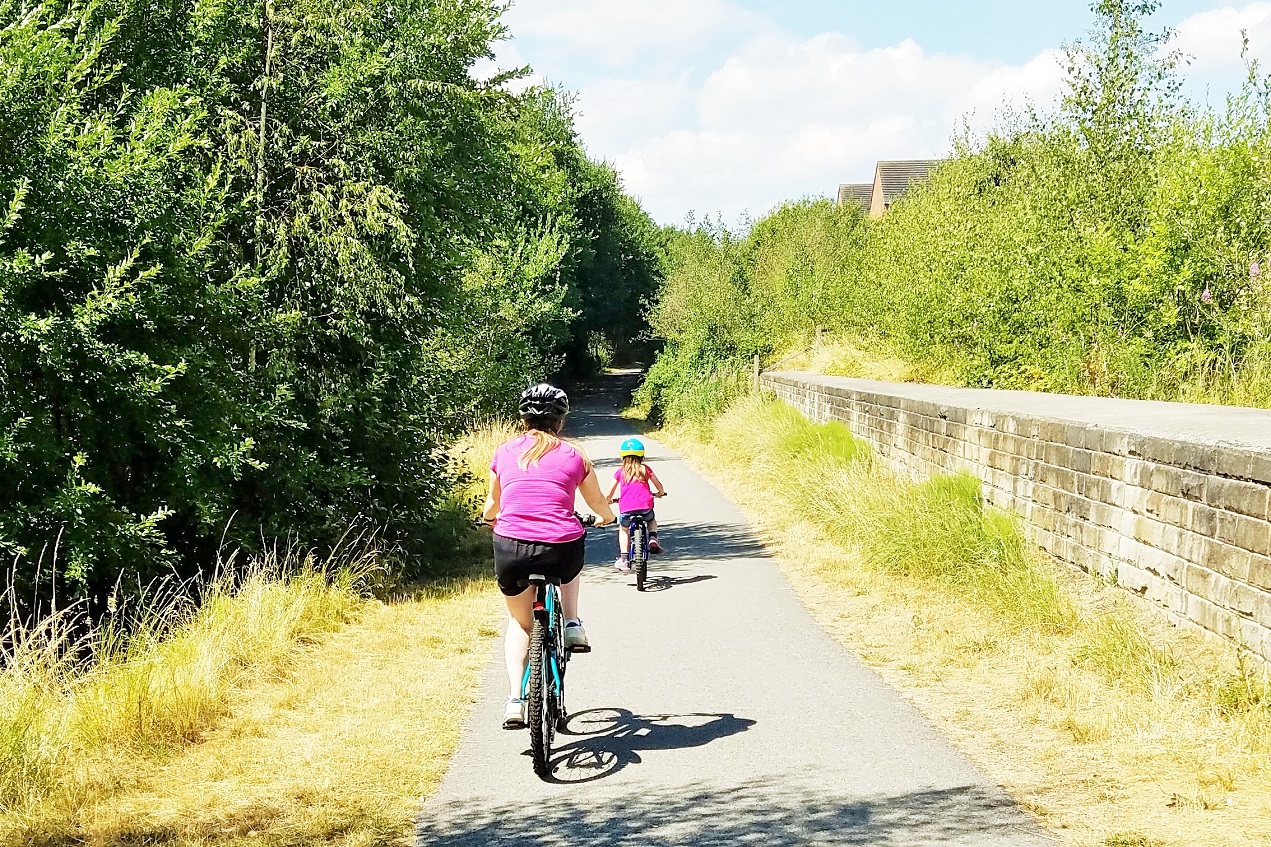
Punishment versus consequence
But I know what you’re thinking – how is that any different to a child being punished for doing something wrong?
In my opinion, it comes down to two things: motive and goal.
Consequence
- The motivation of a consequence is to train the child.
- The goal is to teach them what behaviour is acceptable.
Punishment
- The motivation of a punishment is to seek retribution for the child’s behaviour.
- The goal is to frighten them into not repeating it.
Consequences are not:
- Vindictive
- Shaming
- Humiliating
- Hurtful
- Vengeful
- Painful
- Angry
- Hateful
These are the characteristics of a punishment. Punishments are designed to cause fear. They are unkind.
On the flip side, a consequence is:
an objective, time-limited, cause and effect scenario,
which is issued with calm and delivered with love.
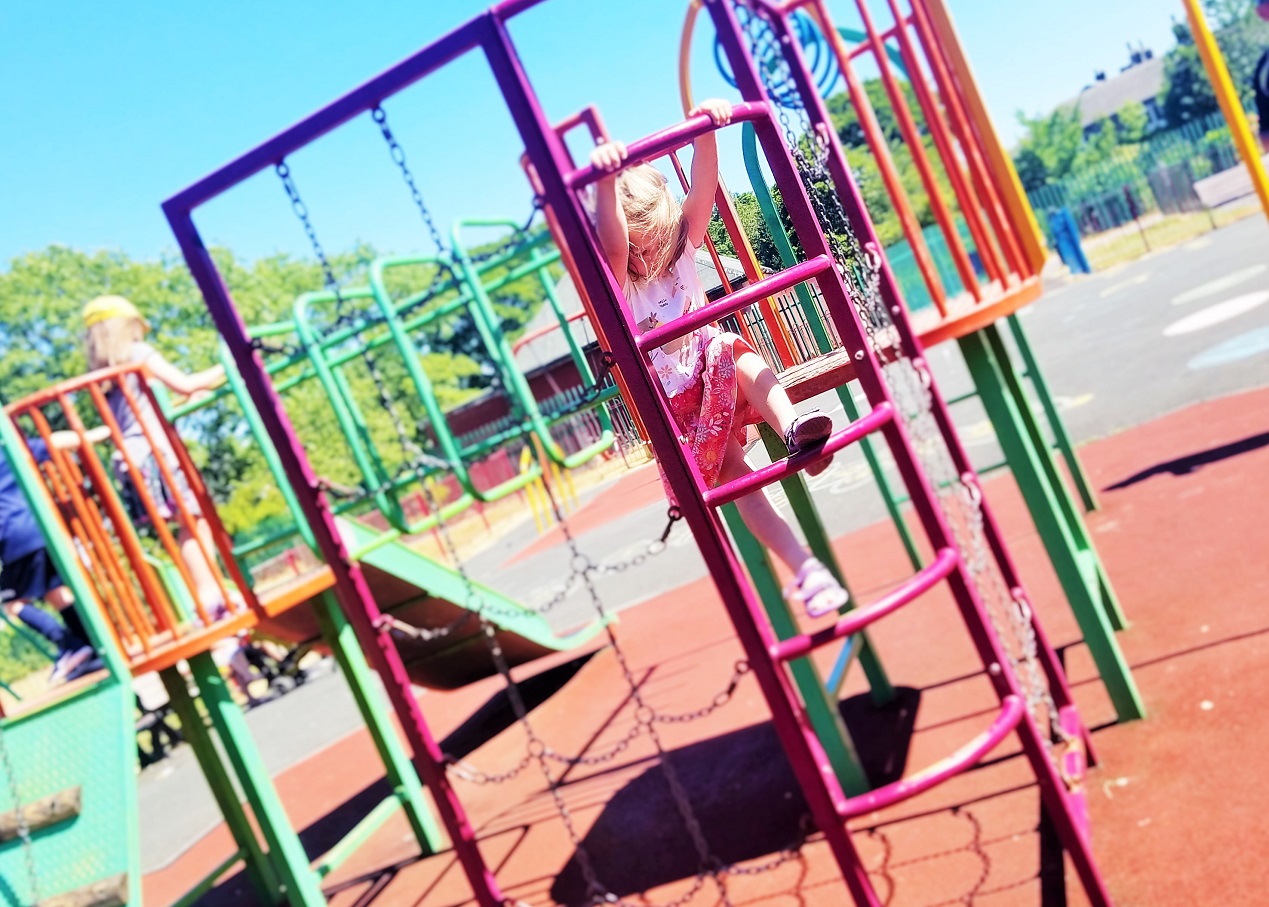
The characteristics of cause and effect consequences
I’m not going to pretend this stuff is easy – in the heat of the moment, it’s easy to lash out and issue a malicious punishment in anger. We’ve all done it. Remember – gentle parenting is about being gentle with yourself too; forgiving yourself when you get things wrong.
But don’t stop there – aim to do better next time!
Here is your consequence checklist – the five things that should feature every time:
Objective
However worked up you feel, you need to put your emotions aside and think about what is fair. A small misdemeanour only needs a small consequence.
Time-limited
Whereas a punishment causes long-lasting hurt to the child (such as the sting of a slap or the shame of being humiliated), a consequence should have a clear start and finish. Once the consequence has happened, everyone can move on and put the whole situation behind them.
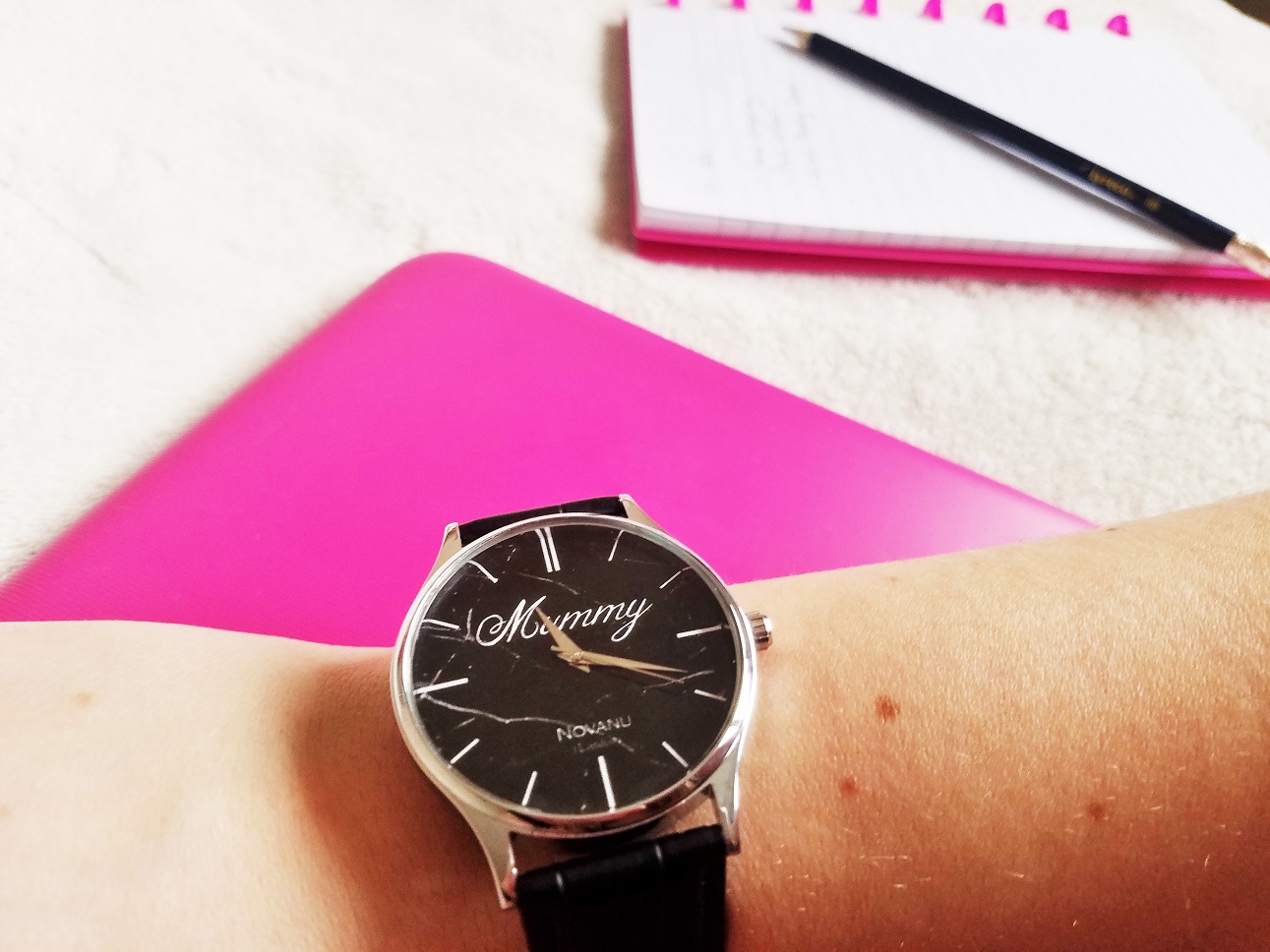
Cause and effect
If possible, choose a consequence that is immediate and related to what is going on, such as turning the TV off if the children are bickering about what to watch. It is easy to see the cause and effect in this scenario.
- Consequences that are too far in the future just dredge up history at a later date
- Consequences that are unrelated often move into punishment territory as parents use the one thing they know their kids love as a bargaining chip.
Issued with calm
Always give your child a warning. Explain:
- What they are doing
- What will happen if they continue (the cause and effect)
- What you would like them to do instead
Your child then has the choice to carry on and face the consequence, or do something else. You are giving your child autonomy.
Delivered with love
If your child chooses to carry on misbehaving, you must go through with the consequence that you prescribed. This is cause and effect in action. But remember to do it with love – your goal is to teach your child, to help them to grow.
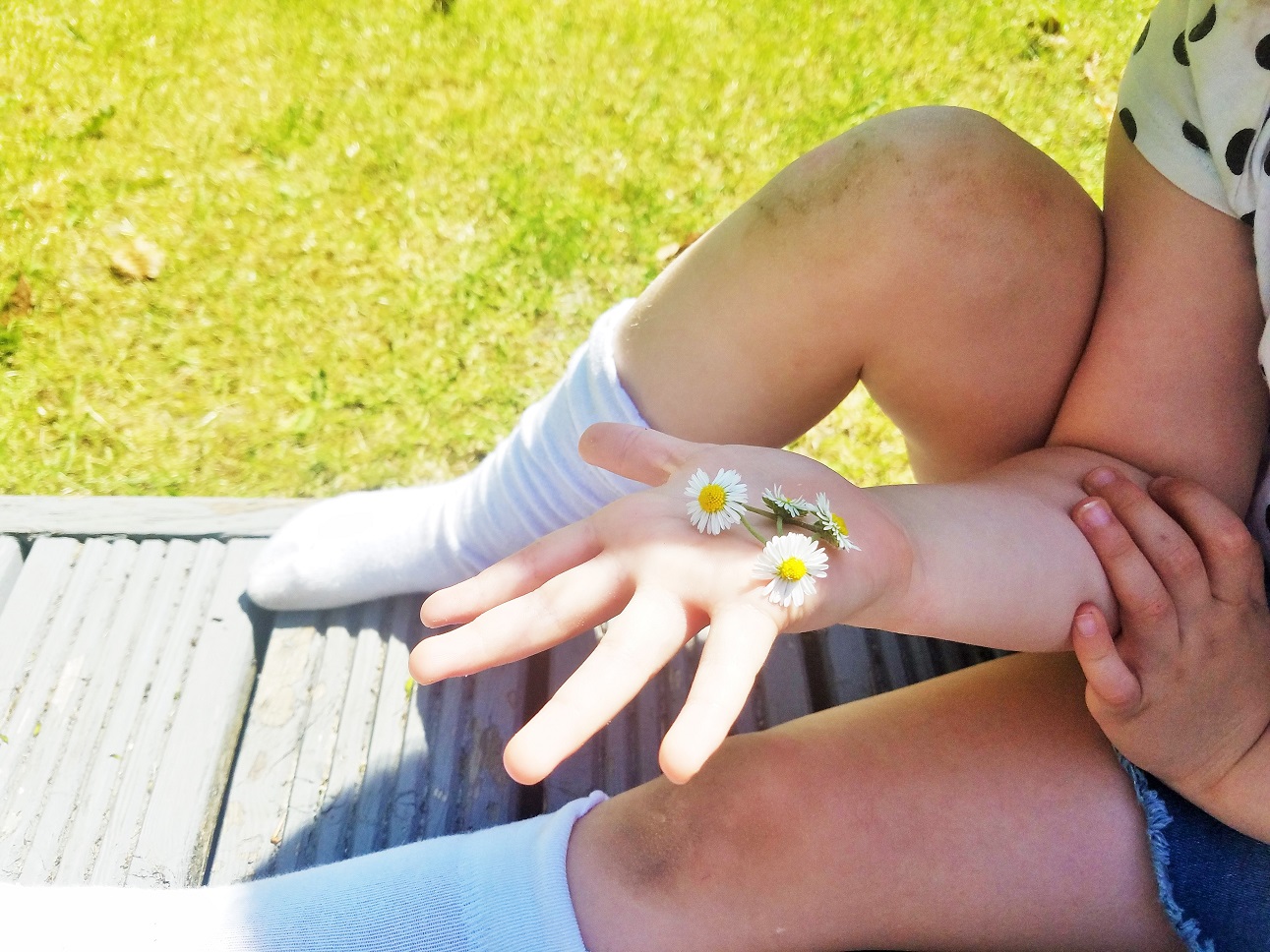
The importance of understanding cause and effect
When we teach our children cause and effect, we teach them that they can make a difference in the world. They learn that their choices and actions make an impact on themselves and those around them. And they can choose whether to make a positive impact or a negative one.
I’m very interested to hear your thoughts on this. Do you do consequences in your house or something else? Do you agree with the distinction I made between punishments and consequences? Are there any bits in this post that you loved or hated? Leave me some feedback in the comments section below!
PIN it for later:
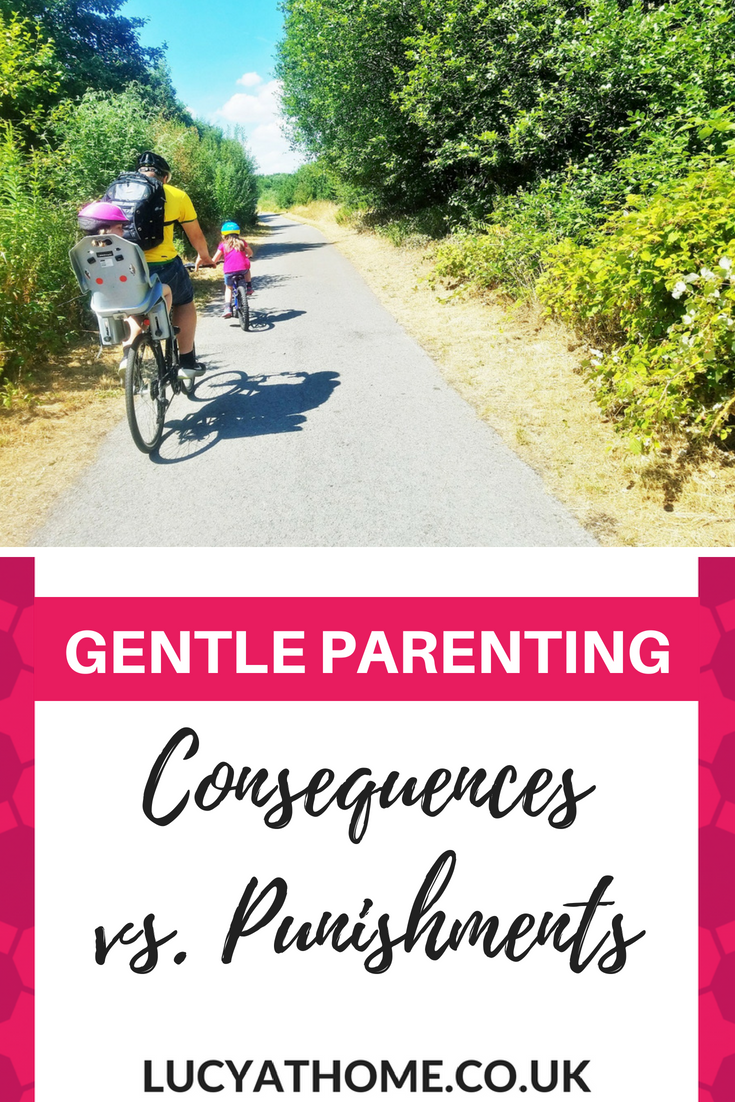


Totally agree with you on this. Everyone should learn there are always consequences for their actions.
100% agree with your views on this issue Lucy! It’s really a tough one. I personally use time-out’s, I know that seems more of a punishment but delivered in the way you describe, it works for us… you do have to be really mindful of shaming and humiliation so its not a big song and dance- more a conversation and a removal from the situation if it escalates #blogcrush
We often use time outs. As you say – it all comes down to how you deliver it. For example, you can’t “turn off” a play date, like you can turn off the TV, but you can ask your child to sit with you for 5 minutes instead.
I love reading your blog so much – because we are on the same page. I want to pass you blog onto my daughter when/if she gets pregnant because you explain it so much better than I ever could. I parented her (and her brother) like this naturally, probably in response to my parents using shame, guilt and pain as ways of control. I was taught how not to parent – and actually that turned out to be a blessing in the long run xx
I completely agree with this, and I’m to happy to believe that this is the way I was brought up. There was a consequence for “bad” behaviour and that is such a better learning tool that simply being punished. Especially when you’re a kid and it takes you longer to fully understand why something has happened.
I love this! Another great post on gentle parenting, Lucy. As teachers years ago, we were taught positive behaviour techniques which has always stuck with me as right. Givingchildren choices was one of the main things. I remember it stuck with me as my children were about 4 and 6 at the time and my son was quite tricky at 4. The main thing for me was how I spoke to him if that makes sense. The words we use are so important aren’t they. Giving children a warning if they do ‘forget’ and do something that you dont want them to do is so important as they are often ‘in the moment’ and don’t realise what they are doing. I wish all the parents of children in my classes were like you! #blogcrush
PS thanks so much for the feature. X
I completely agree with you. I think your statement “I would much rather my children learn the impact of their choices in the safety of our home than in the unforgiving world “out there”!” sums it up perfectly. I believe that as a parent my role is to love, care and support my children. Sometimes that support means watching them fail, get hurt, upset or angry, but being there to help them work through it all. Cause and effect is a big part of that. It’s all practice for the future, so that if they decide to travel the world, go to work, fall in love, that they can do those things safely, with kindness, compassion and confidence.#BlogCrush
Couldn’t agree more … we have to teach cause and effect … otherwise, we are letting our kids down badly in not preparing them for the real world. I really like the distinction you draw so well between consequence and punishment. Terrific post
PS: #BlogCrush
I agree with you wholeheartedly on this – there are consequences to every action and it’s our job to teach our kids this. It’s very difficult though to not automatically punish them but your post has made me really think…#BlogCrush
This was a very thought-provoking read, Lucy. I’m pregnant, and thinking about lots of this for the first time. I’ll definitely share this with my partner. #blogcrush
Another great blog Lucy. I love this and will definitely be putting this into action. Thank you for giving me another great parenting tool #BlogCrush xx
Brilliant post and perfect timing!
Our little one is about to be 20 months and has come a long way very quickly in her communication. She is starting to deliberately disobey what we ask of her and think it’s hilarious. Definitely going to take on the structure that you talked about and see if that works for her. Thank you!
Every post I read of your reminds me that I can be more patient than I think I can in the moment.
#BlogCrush
Interesting stuff and I do wish I could get parenting right having lashed out today about something that really was not the end of the world or more a case of my son messing up than misbehaving. I think I am probably too selfish to be a parent but you helped by saying we can forgive ourselves a little too when it goes wrong #BlogCrush – will return and read slowly later when feeling a bit less rubbish about myself
Such an interesting read and you never fail to amaze me, Lucy. Children need to know that there will be consequences for their actions, it’s our role as the parent to help them understand that. Little A’s 17 month old and sometimes refuses her meal, I don’t make something else with her, I just keep it there and then she’ll go back to it after realising she’s not getting anything else. Like you said children know when they cry they’ll be able to get what they want.
It really annoys me though when I’m out and I see a parent scolding literally humiliating their child in front of everyone – there are better ways to make your child understand rather than.embarrassing them in front of strangers #BlogCrush
Such an important topic. Really loving your posts lately! You’re able to relate to so many parenting issues, you’ve got a blog post for everyone! #blogcrush
I totally agree with you on this. It is how I raised my kids. Very cool. #blogcrush
Good points here. When I see my children doing things at home that have the potential for harm, I weigh the possibilities. if the consequences are minimal I give them a warning to stop and tell them of the consequences. Such as, jumping from one couch to the other. I don’t like it and they know it but I let them know that if they continue and they fall and hurt themselves, they can’t cry to me because I already told them to stop. So with that in mind, they stop out of their own accord because they don’t want to fall and hurt themselves. #BlogCrush
This is a great post . We really aren’t helping anyone if nothing has a consequence . I love what you say too about once that consequence has happened then it’s put behind us as moved on from. I do try to put that into practise #blogcrush
perfect. it is so important to teach children the consequences of actions and to make them aware of how their behaviour affects the people and world around them. So many young adults these days lack that and grow up to be selfish, ecocentric and petulant. Take those adults who celebrated the world cup by jumping all over that paramedics car … or more commonly people who leave their rubbish on the beach or at a picnic spot #blogcrush
As usual I like your approach to parenting. It’s difficult to get the right balance and I’m sometimes a bit too soft, but this is definitely the sensible approach. #blogcrush
Your blog is really helpful. I’m a new mum so haven’t had to do anything like this yet, but she is starting to get independent so I need to start thinking about it. My biggest challenge at the minute is wrestling her to stay still during a nappy change (she is one) I’ve tried stern voice but don’t think she would understand any other consequences
I totally agree with you here, in that all actions have consequences and certainly that the consequence needs to link to the action. I’ve always been slightly wary of the gentle parenting movement because I feel it can sometimes be taken too far in the “I won’t give my child consequences at all for any actions” and so the child basically learns they can do whatever they want. But I think your approach makes complete sense.